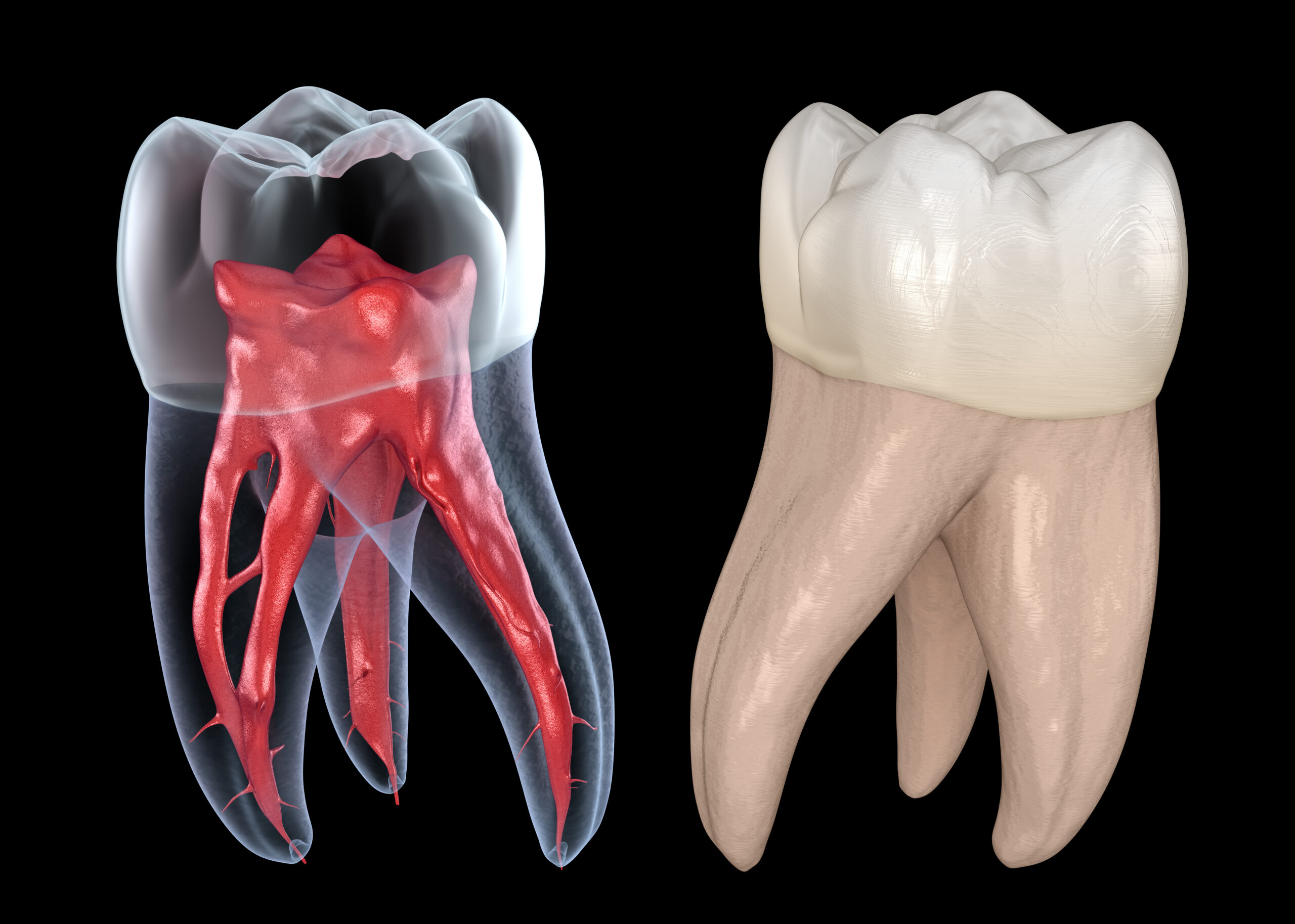Welcome to Dental Hospital, your trusted destination for high-quality dental services. In this blog post, we’ll delve into everything about dental endodontics, a crucial procedure for saving damaged teeth and restoring oral health. From what endodontics entails to what to expect during the procedure, we’ll address the top three questions people search for on the internet about this vital treatment.
- What is Dental Endodontics? Dental endodontics, commonly known as root canal treatment, is a dental procedure performed to remove infected or damaged pulp from a tooth and seal the internal space to prevent future infections. The pulp, located in the center of the tooth and containing nerves, blood vessels, and connective tissue, can become infected due to deep decay, repeated dental procedures, or trauma. Endodontic treatment aims to preserve the natural tooth structure and alleviate pain caused by infection, ultimately restoring oral health and function.
- How is Dental Endodontics Performed? During a dental endodontic procedure, your dentist or endodontist will start by administering local anesthesia to ensure you’re comfortable throughout the treatment. They will then create an opening in the crown of the tooth to access the pulp chamber and root canals. Using specialized instruments, they will carefully remove the infected or damaged pulp and clean the internal space to eliminate bacteria and debris. Once cleaned, the root canals are shaped, filled with a biocompatible material called gutta-percha, and sealed to prevent recontamination. In some cases, a dental crown may be placed on the treated tooth to provide added strength and protection.
- What are the Benefits of Dental Endodontics? Dental endodontics offers several benefits, including:
- Preservation of Natural Teeth: Endodontic treatment allows you to keep your natural teeth, avoiding the need for extraction and preserving your smile’s aesthetics and function.
- Pain Relief: By removing infected pulp and alleviating pressure within the tooth, endodontic treatment relieves pain and discomfort caused by dental infections.
- Prevention of Further Damage: Endodontics prevents the spread of infection to surrounding teeth and tissues, reducing the risk of more extensive dental problems and maintaining overall oral health.
Conclusion:

- In conclusion, dental endodontics is a valuable procedure for saving damaged teeth and relieving pain caused by dental infections. If you’re experiencing symptoms such as toothache, sensitivity to hot or cold, or swelling, don’t hesitate to contact Dental Hospital for a comprehensive evaluation and personalized treatment plan. Our experienced team is dedicated to restoring your oral health and helping you achieve a healthy, pain-free smile.

